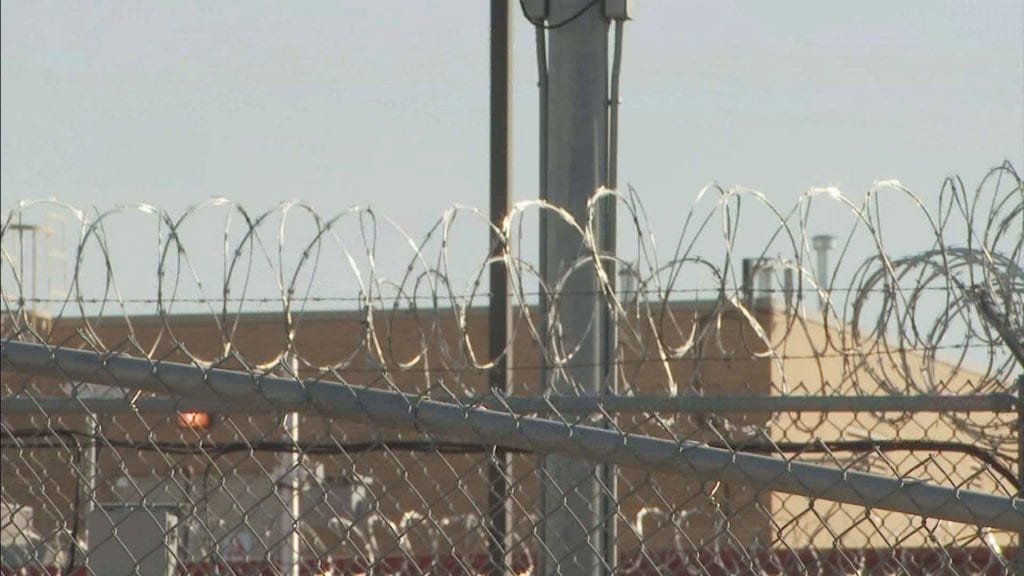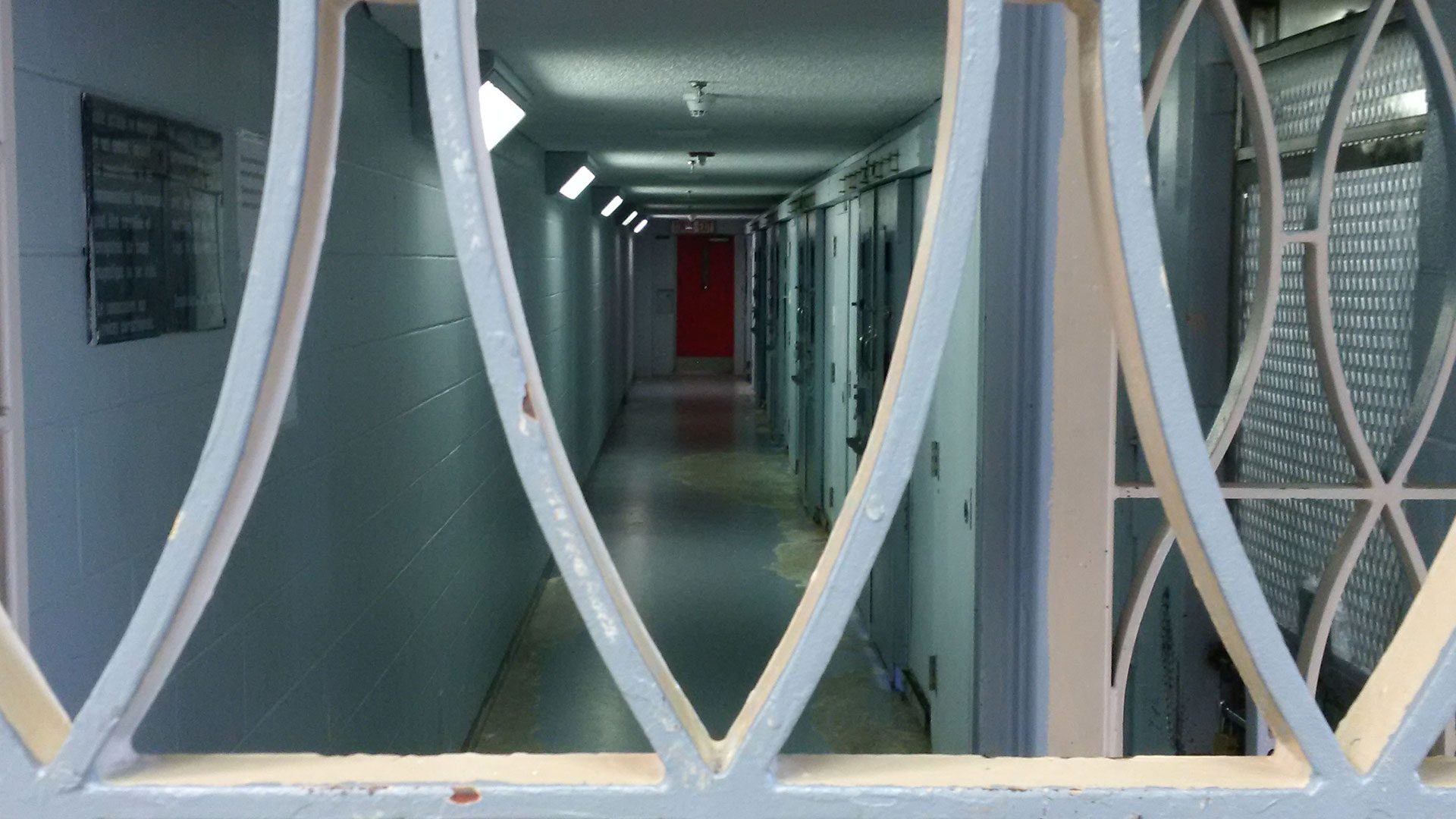
After more than a decade of pressure, and yet another damning report about how it operates, the Correctional Service of Canada (CSC) says it’s in the process of hiring a deputy commissioner of Indigenous corrections to help advocate for inmates who are overrepresented in Canada’s penal system.
“This will be an important new position that supports relationships with Indigenous peoples,” CSC said in a statement responding to the latest report from Canada’s auditor general.
The position will report to the commissioner and flagged “initiative” underway.
“It is important to note that CSC currently has a well-established Indigenous Initiatives Directorate. For a number of years now, there has been substantial work, ongoing operations, programs, and initiatives in place for Indigenous offenders. The new position will help further this work.”
This work includes efforts to transfer more offenders to healing lodges, creating an additional healing lodge for women and better access to “Elders, Spiritual Advisors, and Indigenous liaison officers.”
Yet, nearly every year a new report outlines the deficiencies in how Canada’s prison system operates.
The latest report is from Karen Hogan, Canada’s auditor general, who found Black and Indigenous offenders “experienced poorer outcomes than any other groups in the federal correctional system and faced greater barriers to a safe and gradual return to the outside world.”
“Different outcomes for certain groups of racialized and Indigenous offenders have persisted for too long,” said Hogan in her audit.
“Correctional Service Canada must identify and remove systemic barriers to eliminate systemic racism in corrections, including meeting its own commitment to better reflect the diversity of the offender population in its workforce.”
Hogan added her audit found that disparities were present from the moment offenders entered federal institutions.
“We raised similar issues in our audits in 2015, 2016 and 2017 yet Correctional Service Canada has done little to change the policies, practices, tools and approaches that produce these differing outcomes,” Hogan said.
Parliamentary committees have also called upon CSC to create an Indigenous commissioner position, as well it was one of the calls of action coming from the National Inquiry into Missing and Murdered Indigenous Women and Girls.
Numbers going up and little seems to be done about it
Despite years of promises from the federal government, the percentage of Indigenous inmates in penitentiaries across the country is only going up.
Currently, First Nation, Inuit and Métis women account for 50 per cent of all women in federal custody. Indigenous men account for 32 per cent.
According to Hogan’s audit, Indigenous inmates are more often classified in a way that they serve time in maximum security institutions, are less likely to be released early and complain more often about accessing cultural programs including meetings with elders.
CSC said it’s reviewing its “Custody Rating Scale” as part of its response to the audit.
Advocates say a deputy commissioner responsible for their well-being may help change that.
Almost no one in Canada has been pushing harder for the position than the Office of the Correctional Investigator (OCI), now headed by Ivan Zinger. Through annual reports, the OCI has been advocating for the role for nearly two decades.
In a statement to APTN News, Zinger said a deputy commissioner of Indigenous corrections is necessary if issues inside penitentiaries are going to be corrected.
“The need to appoint a Deputy Commissioner of Indigenous Corrections is a recommendation that my Office has issued nearly a dozen times over the last twenty years,” said Zinger. “Having a dedicated Indigenous voice at the most senior decision-making table within the Correctional Service of Canada is key to addressing overrepresentation and disparate outcomes for Indigenous people behind bars.”

The person in charge of making that happen is Anne Kelly, the commissioner of the CSC. She’s a career bureaucrat who started out with the agency as a parole officer in 1983 and gradually climbed the ranks to the top job.
In a 2019 interview with APTN, Kelly wouldn’t say whether she was supportive of having a deputy commissioner of Indigenous corrections or not.
“For me, it’s really important for me to have Indigenous corrections integrated throughout the system,” said Kelly at the time. “It’s really important because we have Indigenous offenders in all of our institutions.
One thing is for certain, her agency has pushed back at every recommendation to create the position – even when former Public Safety minister Ralph Goodale ordered her to review the agency’s governance structure to determine whether it was needed.
“What is critically important, it’s everyone’s responsibility (Indigenous issues),” Kelly told APTN in the 2019 interview. “If there was a deputy commissioner for Indigenous that it doesn’t become one person’s responsibility – everyone is responsible for the results that we are going to achieve in terms of decreasing the number of Indigenous offenders.”
After the interview with Kelly, and prior to publishing the article, APTN checked in one last time with corrections to see if there had been any movement on the establishment of a deputy commissioner and was told, “Currently, we consider this level of senior management responsibility to be appropriate to provide the leadership required to improve and sustain correctional results for Indigenous offenders by: creating common purpose, mobilizing and engaging stakeholders, and fostering collaboration with Indigenous communities.”
Read More:
It’s not clear whether Kelly has had a change of heart – or an epiphany on how the position may help Indigenous inmates.
But according to Independent Sen. Kim Pate, who is also an advocate for inmates in Canada, buy-in at the top is a must.
“If the position has no or inadequate powers or resources, it could essentially be merely a functus position that is more show than action and may not have any impact on the mass incarceration of Indigenous People,” she said in an email to APTN.
Many advocates have accused Kelly of failing to start the “heavy lifting” needed to truly change the environment for Indigenous inmates in Canada’s prisons.

Now CSC may have no choice now that the current Public Safety minister is jumping on the issue.
In a statement released after the auditor general’s report, Marco Mendicino said, “CSC will create a position of Deputy Commissioner for Indigenous Corrections dedicated to addressing Indigenous issues in the correctional system, including the overrepresentation of Indigenous offenders, especially women, and help CSC implement the many other Calls for Justice that fall within their purview.”
According to a spokesperson at CSC, the agency is in the process of developing the position and “remains deeply committed to the Indigenous corrections file and we are working on staffing this new position as soon as possible. Work is underway to finalize the job description.
“We are looking at different staffing options, including existing Indigenous leaders in the public service. The staffing method will help determine the exact timeline but we are prioritizing this without delay.”










